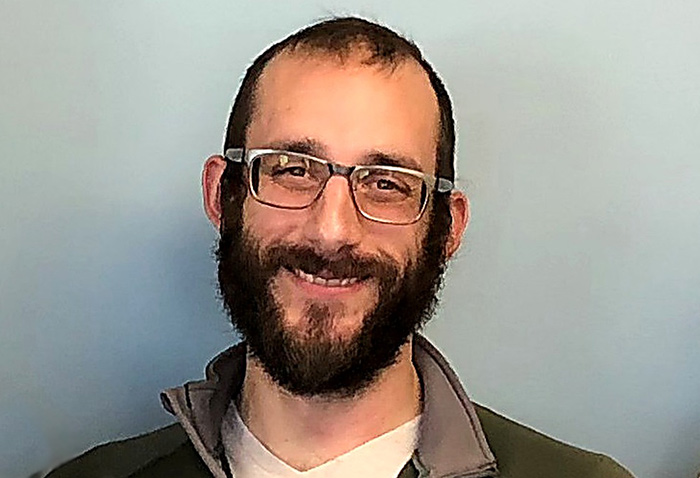Preventatively speaking: aneurysm risks and avoidance
by Beth Donavan | Special to the Courier
The aorta is the largest blood vessel in the body. It starts in the heart and runs through the abdomen, supplying blood to vital organs along the way before it branches into the major arteries in the legs.
When an aneurysm, or weakening in this artery ruptures, it can be quickly fatal. But if the aneurysm is discovered early, it can be properly monitored and, if necessary, surgically repaired.
Thankfully, abdominal aortic aneurysms are rare. Factors which may increase your risk of developing an AAA include being male, advanced age, family history, and ever having smoked. It is important to note that for this condition, an “ever smoker” is considered someone who has smoked just 100 cigarettes in his or her lifetime.
The current recommendation is to screen men who have ever smoked once between the ages of 65 and 75. It is possibly beneficial to screen males of the same age who have never smoked if there is a family history of AAA. The screening test is a simple, painless ultrasound of the abdomen, during which the abdominal aorta can be visualized and measured. If the ultrasound shows no evidence of aneurysm, there is no need to repeat it.
For women who have ever smoked, the risk of AAA is not as great. There is not enough evidence to show that it would be beneficial to screen women who have smoked. For women who have never smoked, it has been determined that screening can cause more harm than good. Women found to have an aneurysm may undergo surgical repair, and experience complications when the problem may not have been putting them at risk in the first place.
Whenever possible, it is important to modify any behavior that may be putting you at higher risk for disease. If you are a current smoker, it is more likely that you may have to be on guard not only for an aneurysm, but also cancer, chronic obstructive pulmonary disease and other lung problems, heart disease, reproductive disorders, and many other diseases.
If you need help quitting, talk with your healthcare professional about medications and counseling which may help. There are also free services available in California at Kickit California. You may also be eligible for a program through your employer or health insurance provider.
The JAMA Network has more information about screening for abdominal aortic aneurysms and other conditions on their website at jamanetwork.com. Since the enactment of the Patient Protection and Affordable Care Act, preventive screening tests as recommended by the United States Preventive Services Task Force, including screening for AAA, must be covered by most commercial plans with no cost to the patient. Medicare Part B also covers this service. It’s a good idea to meet with your primary care provider at least annually to make sure you are up to date on preventive screenings and immunizations. If you think you should get screened, you’ll need an order from your healthcare practitioner for the ultrasound and you should follow-up with him or her to review results. It is always a good idea to check with your insurance company to make sure that the service is covered as preventive and that it is scheduled at an approved imaging facility.
The US Preventive Services Task Force is a panel of preventive medicine experts who volunteer to review literature and clinical guidelines; develop recommendations for preventive screenings, medications, and counseling; and assign a grade to their recommendations. In 2019, the Task Force reviewed their previous recommendations and reaffirmed their recommendation to screen men aged 65 to 75 who have ever smoked. The recommendation was given a B grade, meaning that there is high certainty that the benefits outweigh the risks. All grade A and grade B recommendations must be covered by most commercial health insurance plans with no cost to the patient.
You can download an app or go the website at uspreventiveservicestaskforce.org to learn which preventive screenings, medications or counseling services are recommended for you.
Claremont resident Beth Donovan practiced as physician’s assistant for 20 years and served as chair of legislative affairs for the California Academy of Physician Assistants from 2004 to 2012. She is on the advisory board for Keck Graduate Institute’s Physician Assistant Program.









0 Comments